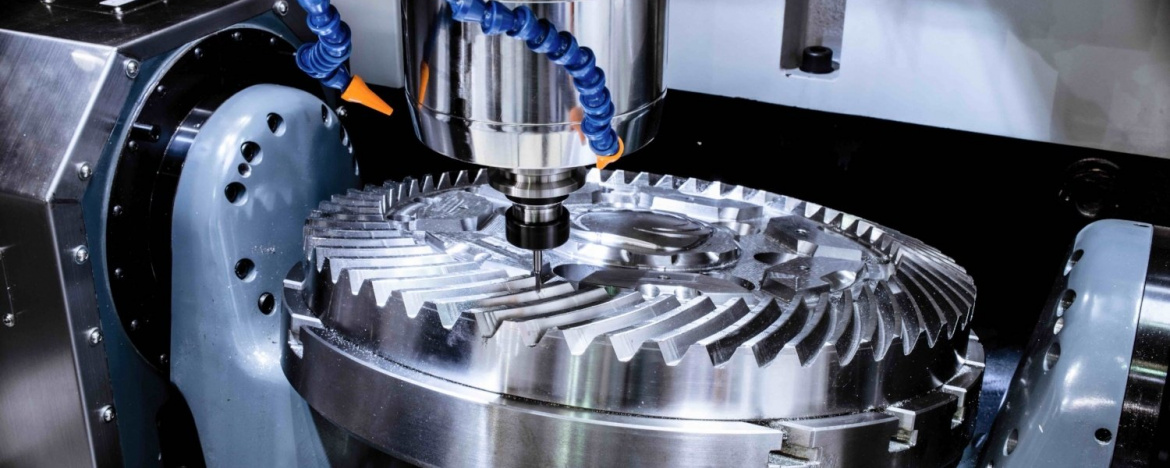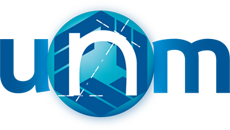
Organization: the standardizing system
The standardizing system is at the disposal of the companies, organizations, public authorities, who wish to draw up reference documents that will be used as a basis for exchanges or as a supporting document for regulations. Standards, or in a more general way, standardizing documents are the products of the standardizing system. The system is ruled by decree 2009-697.
The French standardizing system
The Government's representative (Délégué Interministériel aux Normes), by delegation of the Ministry of industry, fixes the general standardization directives and supervises AFNOR's activities on behalf of the Ministry of Industry.
Established in 1926, AFNOR, the French Standardization Association, leads the French standardizing system, coordinates the actions of 24 standardization offices (23 sectorial standardization offices and one standardization office within AFNOR itself) and represents France in the European and international standardization authorities.
Each sectorial standardization office is responsible for preparing standards in a particular technical area. The standardization office within AFNOR is in charge of preparing standards in horizontal domains or in case there is no sectorial standardization office. UNM is the standardization office for the mechanical engineering industry and rubber industry.
The sectorial standardization office creates and convenes standardization committees, which include representatives of the various business or administrative categories concerned with the work items. These experts represent their industries, their ministries, their organizations. As an essential part of the standardizing system, they provide the necessary technical knowledge for the standardizing documents and represent the people who need and use standards.
The standardization committee prepares draft standards, elaborates the French positions and the votes in the international committees and appoints the French delegation to the international standardizing authorities (ISO or CEN, as regards UNM).
The European and international standardizing system
AFNOR and its 23 sectorial standardization offices constitute the framework of the French standardizing system and represent the French interests in the international standardization instances, such as:
- CEN, European Standardization Committee, produces the European standards for all the technical domains except electricity and electronics for which CENELEC is in charge (European Standardization Committee for Electronics) and telecommunications for which ETSI is in charge (European Telecommunications Standards Institute). On the 1st of January 2012, CEN regroups 32 national institutes (27 members of EU + Switzerland + Iceland + Norway + Croatia + Turkey) and is located in Brussels.
- ISO, International Standardization Organisation, regroups the national standards institutes from over 160 countries, and is in charge of the elaboration of the international standardizing documents in the same domains as CEN (IEC – International Electrotechnical Commission – is in charge of the standards for electricity and electronics, and ITU – International Telecommunication Union – the documents for telecommunications). It is a non-governmental organisation based in Geneva.
There exist rules for the coordination between the various national, European and international organisations. The European and international standardization projects are conducted inside Technical Committees (TC) which are responsible for an area of expertise as defined and agreed in the management committees of these organisations. The TCs will form sub-committees (SC) and working groups (WG) in charge of elaborating the drafts of the standardizing documents that the TC will validate and homologate.
In its domains of expertise and on behalf of AFNOR, UNM is representing France in ISO (International Standardization Organisation) and CEN (European Standardization Committee).
